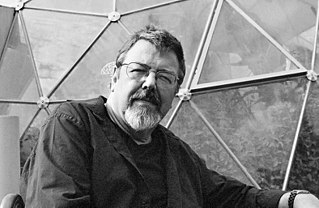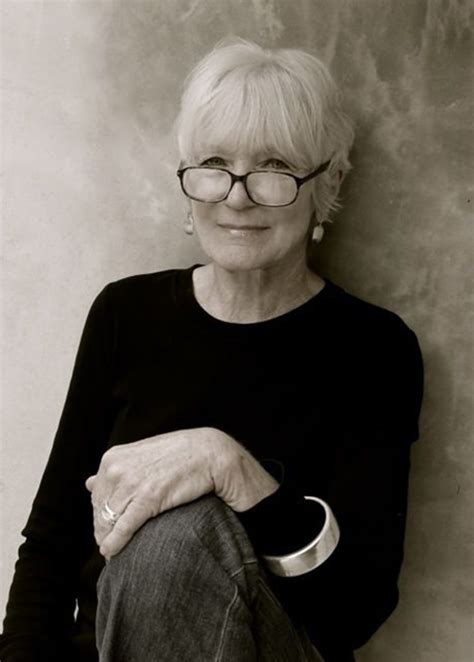A Quote by Daniel Alarcon
Generally, I find that when you're writing and having fun with the writing, that energy and dynamism is going to come out in the text one way or another.
Related Quotes
Modern literary theory sees a similarity between walking and writing that I find persuasive: words inscribe a text in the same way that a walk inscribes space. In The practicse of Everyday Life, Michel de Certeau writes, 'The act of walking is a process of appropriation of the topographical system on the part of the pedestrian; it is a special acting-out of the place...and it implies relations among differentiated positions.' I think this is a fancy way of saying that writing is one way of making the world our own, and that walking is another.
With Orff it is text, text, text - the music always subordinate. Not so with me. In 'Magnificat,' the text is important, but in some places I'm writing just music and not caring about text. Sometimes I'm using extremely complicated polyphony where the text is completely buried. So no, I am not another Orff, and I'm not primitive.
I can work a lot faster when I'm writing a screenplay than when I'm writing a play because, if I'm having a problem with a scene or something, I can just be writing it in a way where there's no dialogue, or find a way to make sound do the work that I want to do or a close-up do the work that I need to do.
Writing objects to the lie that life is small. Writing is a cell of energy. Writing defines itself. Writing draws its viewer in for longer than an instant. Writing exhibits boldness. Writing restores power to exalt, unnerve, shock, and transform us. Writing does not imitate life, it anticipates life.
If you have to find devices to coax yourself to stay focused on writing, perhaps you should not be writing what you're writing. And if this lack of motivation is a constant problem, perhaps writing is not your forte. I mean, what is the problem? If writing bores you, that is pretty fatal. If that is not the case, but you find that it is hard going and it just doesn't flow, well, what did you expect? It is work; art is work.
I feel that when I began writing, I had a need to know more about the play before I got into it. I think that's the way I was thinking. But my actual experience is that the best way to find out what the structure is, is by writing the play out laterally. You just have got to be brave enough to start without knowing where you are going.






































